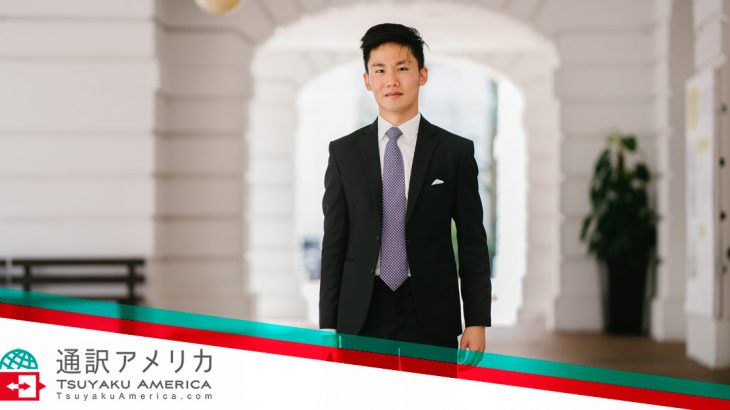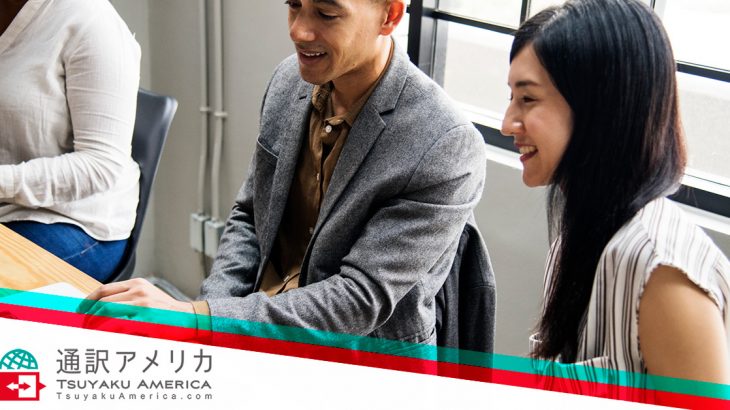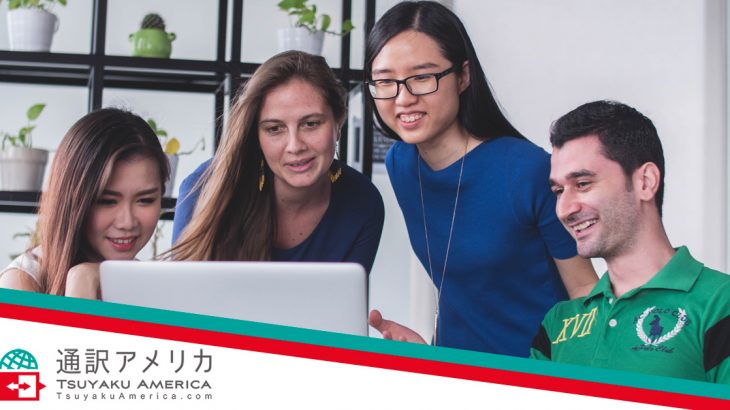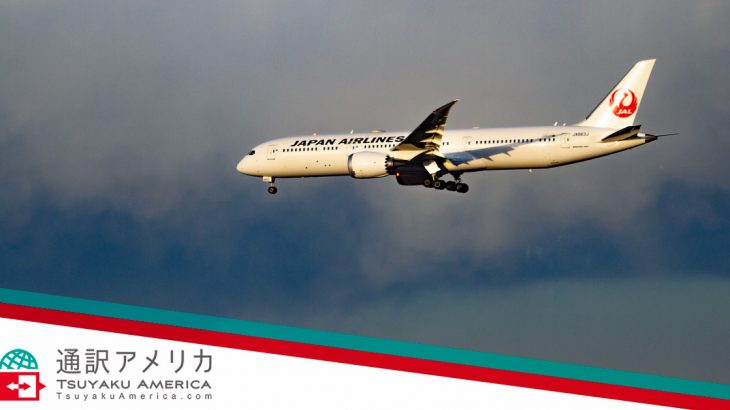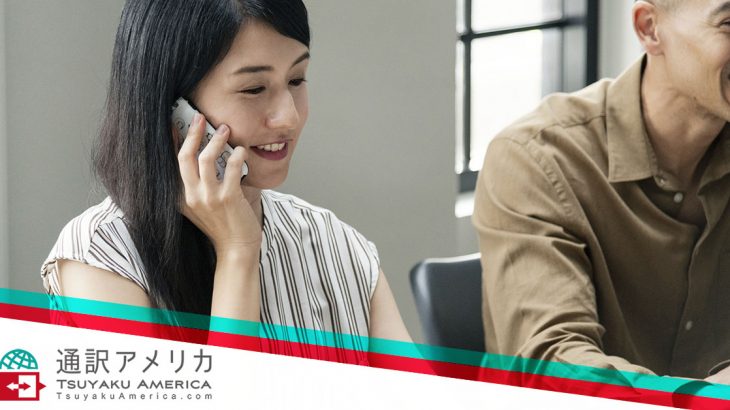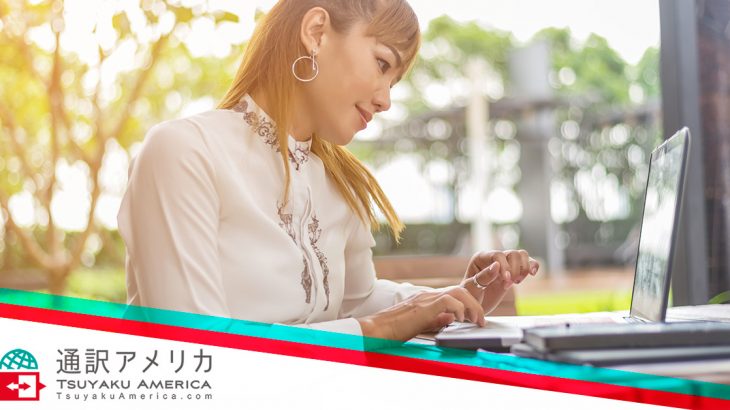With more and more businesses entering the global market, it is incredibly important to ensure that your business is prepared to be successful when interacting with members of another culture. In today’s post, we will provide you with a few tips that will help you communicate effectively with potential Japanese business partners. While we intend for these tips to be informative and useful as you host guests from Japan or travel there for business, we cannot possibly list everything you need to know in one post.
Tsuyaku America provides Japanese interpretation services that can help you both domestically and abroad. Whether you’re hosting Japanese guests here in the United States or traveling to Japan for a meeting, we can arrange for a professional Japanese interpreter to help you bridge the cultural gap. You can learn more about our services here, and you can get in touch with us here to find an interpreter. We look forward to speaking with you soon.
When Doing Business With a Japanese Company…
Don’t Be Afraid of Silence
In the United States, silence is often taken as a sign that a conversation is not going well. Think about the last time you went on a date or went to lunch with a business partner — you probably tried to avoid awkward silences at least once or twice by cracking a joke or making smalltalk. While prolonged silence in a social setting can also be awkward even for the Japanese, you should not be too quick to break the silence in a meeting with Japanese clients.
As far as Japanese business settings are concerned, silence is actually seen more favorably than constant conversation. Silence carries connotations of wisdom and emotional stability, and it is actually used to relieve the tension that is often created by rigorous negotiations.
Remember the Business Card Exchange Ritual 
When meeting Japanese guests for the first time, be sure everyone on your team has plenty of business cards. The first cultural ritual in a Japanese business meeting is the exchange of business cards. Just like a soccer team lining up to shake hands with the other team members at the start of a match, at the beginning of a business meeting, your Japanese guests will want to line up and exchange business cards with your entire team. When doing so, the line on both sides should be arranged in order of seniority. This means that the bosses meet, shake hands, and exchange business cards first, followed by the rest of the team members. Junior members on a Japanese team will usually step aside to allow senior members to step forward. Your team should do the same by making room for the senior members to greet the guests first.
There is also a proper way to give and receive business cards. Think about the last time you accepted a business card from someone — what did you do with it? You probably placed it in your wallet or stuck it into one of your front pockets, and this is a major blunder in Japanese culture. Business cards are viewed as part of a person’s identity, and it’s therefore very important to treat them with more regard and care than normal.
When accepting a business card, it’s important to consider your posture. You should always stand up and accept the card with both hands, read what’s on the card, and acknowledge the information. When giving out your own business card, use both hands and always orient the card so it faces the recipient. It is not necessary to print your card in Japanese, but if you do have a Japanese card, be sure to impress your guests by showing the Japanese side of the card. In the event that you are exchanging cards with multiple people, be sure to keep the cards in order so that you do not forget who gave you a specific card.
Once you have finished exchanging business cards and sit down (more on seating arrangements below), arrange the cards in front of you so the cards align with the seating arrangement of your guests. This will show that you acknowledge each guest’s presence, and it will also be very helpful to check the names of each guest before addressing them by name. Once your meeting has ended, be sure to collect all the cards and place them into your business card holder. Never leave behind your guests’ business cards. It can be viewed as an insult, signaling that you think little of that individual.
Be Mindful of Seating Arrangements 
In Japan, there are certain rules and expectations regarding where the host and the guest should sit at a table, depending on the layout of a meeting room. Sitting on the “wrong” side of the table can be viewed as lacking common sense or business manners in the Japanese business world. If you are visiting Japan, then you should know these business manners and try to follow them when you visit a Japanese business. (We will write a separate article regarding the details of these seating rules.)
However, if you are hosting guests in the US, the expectation is quite different. Your guests will understand that Japanese seating rules do not apply in the United States. Having said that, there are certain practices that, if followed, will help your guests feel more at home.
Ask your guests to all sit on the far side of the meeting table. By the far side, we mean the side of the meeting table that is farthest from the entrance/exit. This is usually the window side of the meeting room. If your team members arrive early and are waiting for the guests to arrive, make sure your team members are all seated on one side of the table (the side closest to the door) so that the far side of the table is completely open for your guests. Do not randomly occupy seats on both sides of the table. This would force your guests to split up on both sides of the table. While such a random and mixed seating arrangement may be good for a social setting (dinner, for example), it would be very awkward for your guests in a meeting setting.
Hire a Japanese Interpreter Today!
We hope that this post will help you during your next meeting with Japanese guests. Keep an eye on our blog, as we’ll be continuing this series in the coming weeks. Whether your next meeting takes place in the United States or abroad, Tsuyaku America is here to help you with all of your interpretation needs. We can help you find a Japanese interpreter to meet you at your domestic business meeting, or accompany you on an overseas trip. Reach out to us using our convenient online contact form, or give us a call at +1-866-543-0123. We look forward to speaking with you soon!

